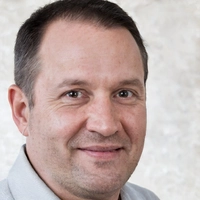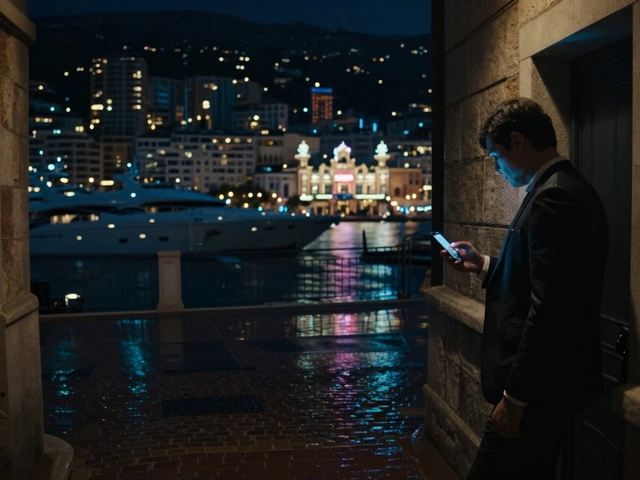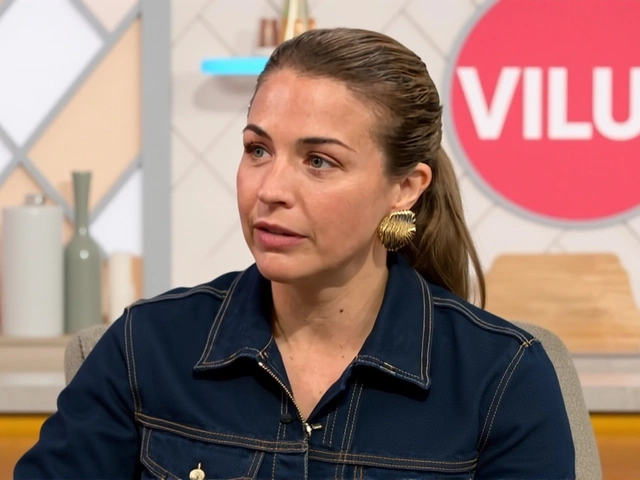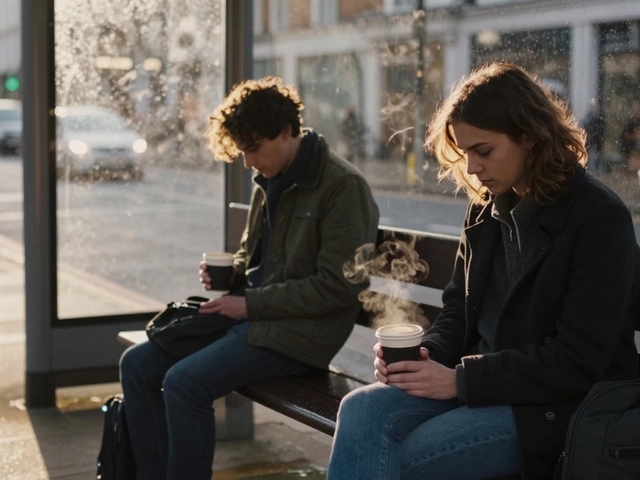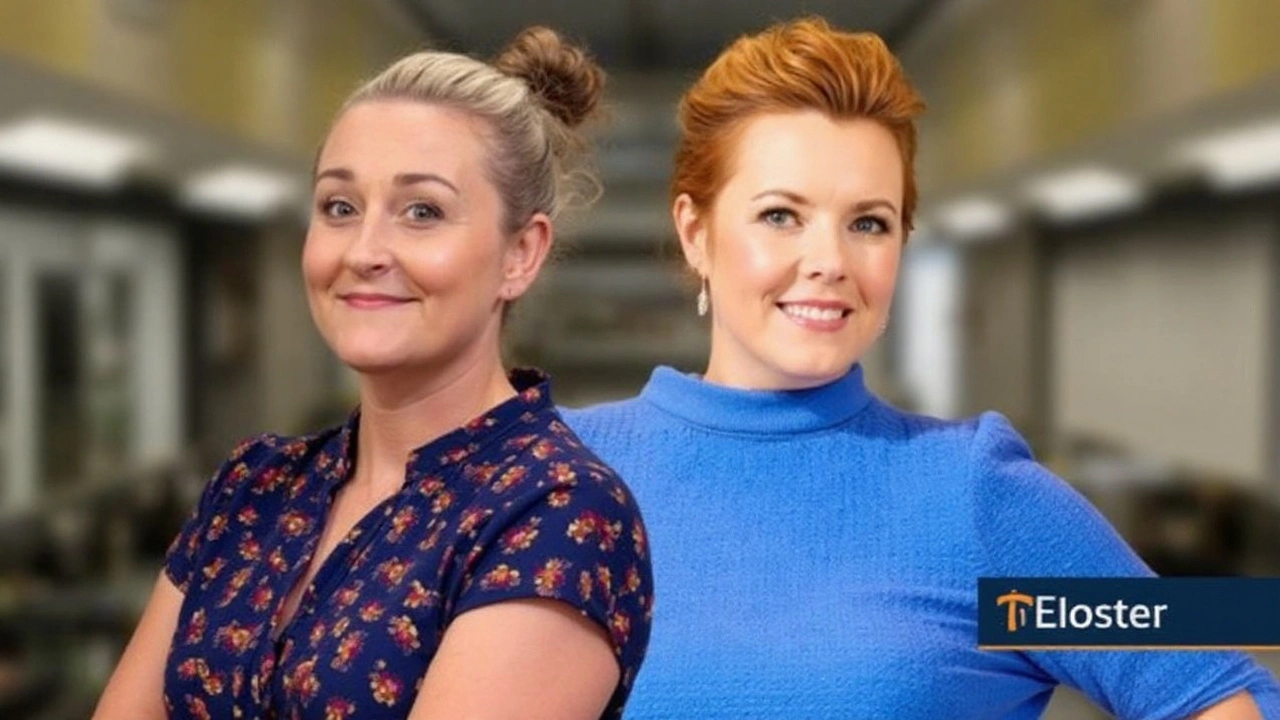
A first for MasterChef — and a big change behind the pass
For two decades, the heart of MasterChef has been that familiar dance between a chef and a critic, with Gregg Wallace and John Torode guiding home cooks through pressure tests and finals week frenzies. Now the BBC’s flagship cooking contest is poised for its boldest change yet: Grace Dent and Anna Haugh are expected to take over presenting and judging duties on the main series, according to reports shared with The Sun. If confirmed, it would be the first time two women have led the primary BBC One edition of the show.
The broadcaster hasn’t gone on the record. A BBC spokesperson declined to confirm the shake‑up, and representatives for Dent, Haugh, Wallace, and Torode have kept quiet. Inside Television Centre, though, the direction of travel is clear: the franchise is being refreshed. The plan, as described by a production source, is to pair two voices that know the format, respect the pressure of the kitchen, and understand what it takes to make great TV.
Wallace and Torode’s reported exits earlier this year are still sensitive territory for the production. Both men defined the tone of modern MasterChef — equal parts encouraging and exacting — and their partnership helped turn the series into a ratings banker that spawned Celebrity MasterChef and MasterChef: The Professionals. However the transition is framed when the BBC does speak, the end result will likely be presented as an evolution rather than a rupture.
One immediate question hangs over Celebrity MasterChef. Dent had already filmed this year’s run alongside Torode before his departure made headlines. The BBC is yet to decide whether that series airs as shot, gets recut, or is held back. Logistically, there’s only so much tinkering you can do once a competition format is locked; editorially, the corporation will want a clean narrative across the brand.
Who’s stepping in — and what might change on screen
Dent brings the critic’s lens with a loyal following. She’s best known for her restaurant writing and regular TV appearances, often popping up in MasterChef’s finals week critics’ tables, where contestants face a tougher palate and sharper feedback. Viewers know her cadence: wry, exact, but fair. She’s also spent time inside the franchise recently, meaning she arrives warmed up to its rhythms and its audience.
Haugh is a working chef and the chef‑patron of Myrtle in Chelsea, a modern Irish restaurant with a reputation for meticulous technique and clean, confident flavors. On screen, she’s clocked hours across the BBC’s food slate, from Ready Steady Cook to Morning Live, and she has recent judging experience in the MasterChef universe. Her style on camera is straightforward, with a cook’s eye for process and a knack for explaining why something works — or doesn’t — without crushing the person holding the spoon.
If they step in together, expect the tone to pivot subtly. Wallace’s encyclopedic enthusiasm and Torode’s chef‑teacher vibe won’t be carbon‑copied. Dent is likely to tighten the critique around storytelling on the plate — how dishes connect to a cook’s background and the brief at hand — while Haugh will drill into technique, seasoning, and plate discipline. That balance could quicken the pace of judging and sharpen the feedback loop for contestants, especially in invention tests and restaurant takeovers.
Don’t expect the format to be torn up. The stress tests are the engine: skills tasks, market challenges, pop‑ups, professional kitchens, critics’ tables, and that final service where everything either sings or sinks. Where the new era could add color is in who the show invites into those rooms — more guest chefs from under‑represented scenes, broader regional spotlights, and a wider swath of culinary traditions presented as the main act, not the novelty course.
The casting process wasn’t clean and simple, either. Tom Kerridge, an audience draw with Michelin pedigree, was in the frame. But his commercial partnership with M&S reportedly clashed with BBC editorial guidelines on brand conflicts. That’s a well‑worn boundary in public service broadcasting: if viewers might reasonably see a commercial endorsement bleed into editorial influence, the answer is usually no.
Meanwhile, the rest of the MasterChef universe is on the move. The BBC has already confirmed that Matt Tebbutt will join Marcus Wareing and Monica Galetti on the next MasterChef: The Professionals, adding a presenter‑judge who knows how to keep a kitchen segment nimble from his time helming Saturday morning live TV. That continuity matters. If the main show transitions to a new duo, The Professionals can carry some familiar energy into the franchise’s autumn slot.
So how will audiences respond? MasterChef lives on trust — you want to believe the judges are tasting what you’re tasting through the screen. Dent and Haugh have built that credibility in different ways. Dent speaks the language of diners and trends but doesn’t get lost in buzzwords. Haugh is a cook’s cook: she cares about fundamentals and respects the graft of long prep days and short service windows. Fans who grew up with Wallace’s “buttery biscuit base” enthusiasm may miss that chemistry, but the promise of two complementary voices is strong.
Behind the scenes, there’s the practical question of filming timelines. The main series usually tapes months before transmission, alternating studio days with location shoots in restaurant kitchens. Changing the front‑of‑house team this late in the production cycle forces schedule juggling — rebooking guest critics, resetting on‑screen graphics, even rethinking voiceover. None of it is impossible; it just requires a production that’s used to military planning to act like a startup for a minute.
There’s also the question of tone across the brand. Food TV has spent the last few years tilting toward a calmer confidence after a long run of shouty competitions. Great British Menu rebalanced its panel and put Andi Oliver in the host’s chair. Bake Off leaned into Prue Leith’s clean reads on technique. MasterChef, by contrast, kept the volume steady with Wallace and Torode anchoring. A Dent‑Haugh axis would nudge the show into that broader shift: rigorous without the rattle, high‑stakes without the high‑decibel.
Representation matters, too, and the optics here are not accidental. Two women fronting the main MasterChef series is a visible break from the past. It tells young cooks — and viewers — that authority at the pass doesn’t have a default look or a default voice. The test, as ever, will be the food. If the challenges push contestants to cook bolder, smarter, and tighter, the audience will come along. If the dishes land, the hosts stick.
For Wallace and Torode, the legacy is secure. They turned a niche revival into a primetime staple, watched contestants open restaurants, write books, and change careers, and helped build a TV language for tasting that millions can follow. If this is the handover, it’s a big one — not a quiet exit through the prep kitchen but a baton pass on center stage.
What should viewers watch for next? Two signals. First, a formal BBC announcement that nails down the main show’s hosting lineup and clarifies what happens to the already‑filmed Celebrity MasterChef season featuring Dent and Torode. Second, filming images or teaser clips that show the new chemistry at the judging bench. When those drop, the conversation shifts from rumor to reality — and from who’s in the chairs to what’s on the plates.
